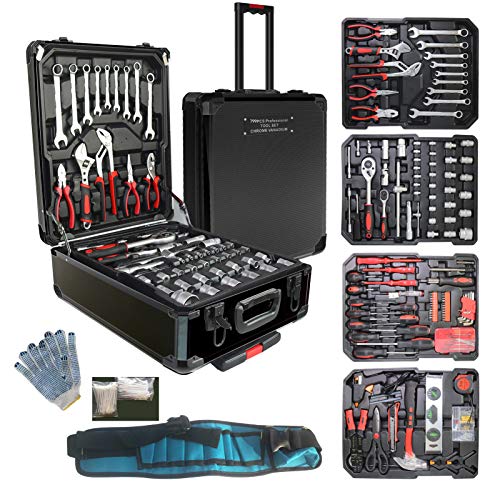Luisafernandes
Well-known member
I have a new (never used) 20 pound propane tank bought last year but never used in the van. I know many van dwellers use them inside their vans with zero problems. But I'm a bit apprehensive. I used the one pounders all last winter with no issues, but this is a much larger tank.
Any ideas or suggestions on how to be safe with it would be much appreciated.
Thank you!
Any ideas or suggestions on how to be safe with it would be much appreciated.
Thank you!


















































































